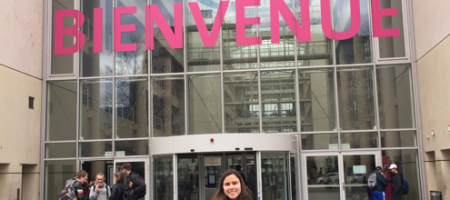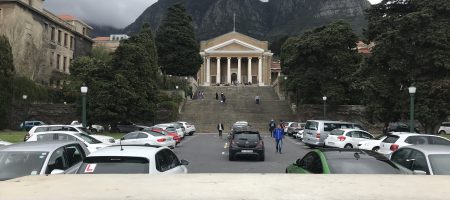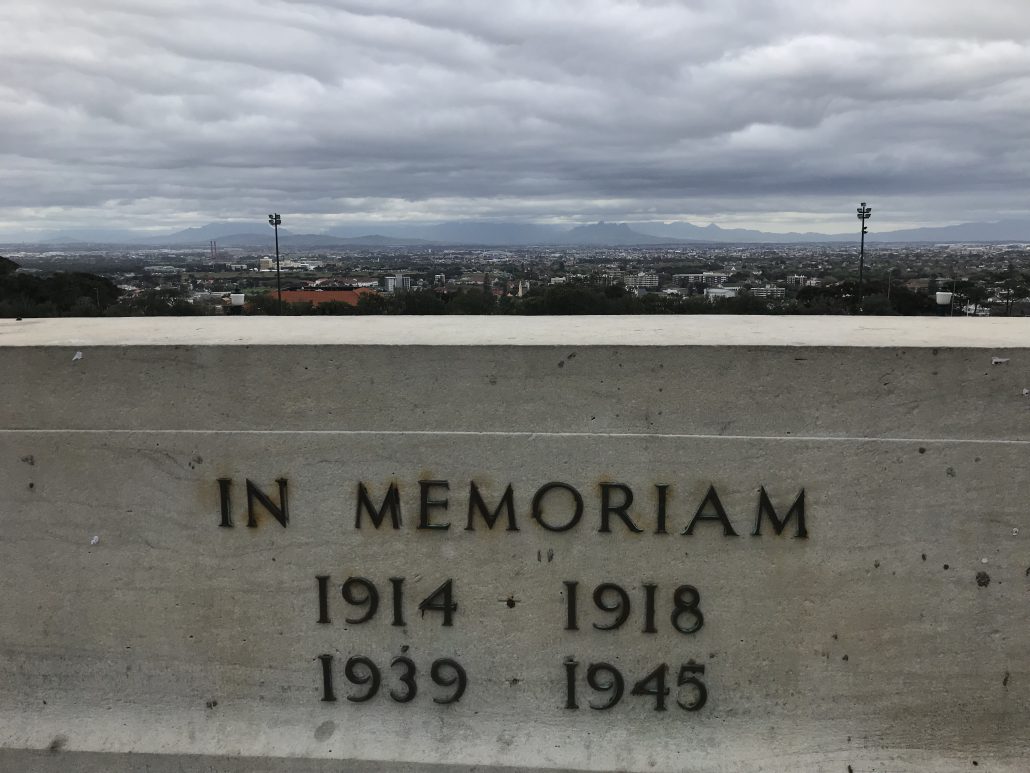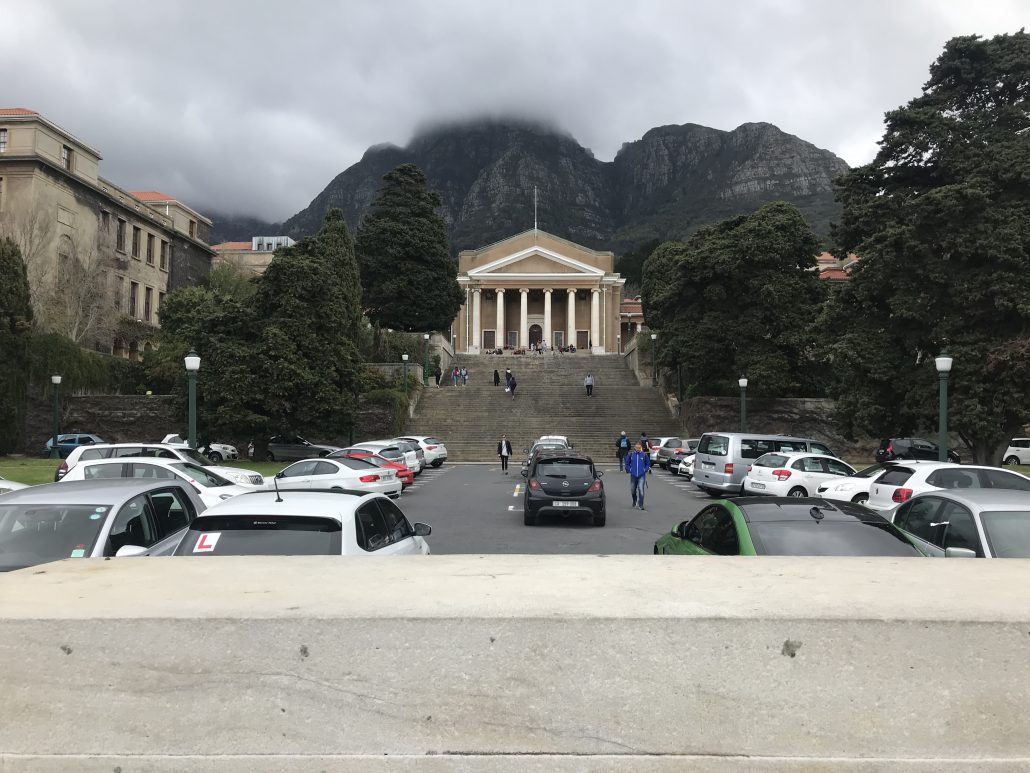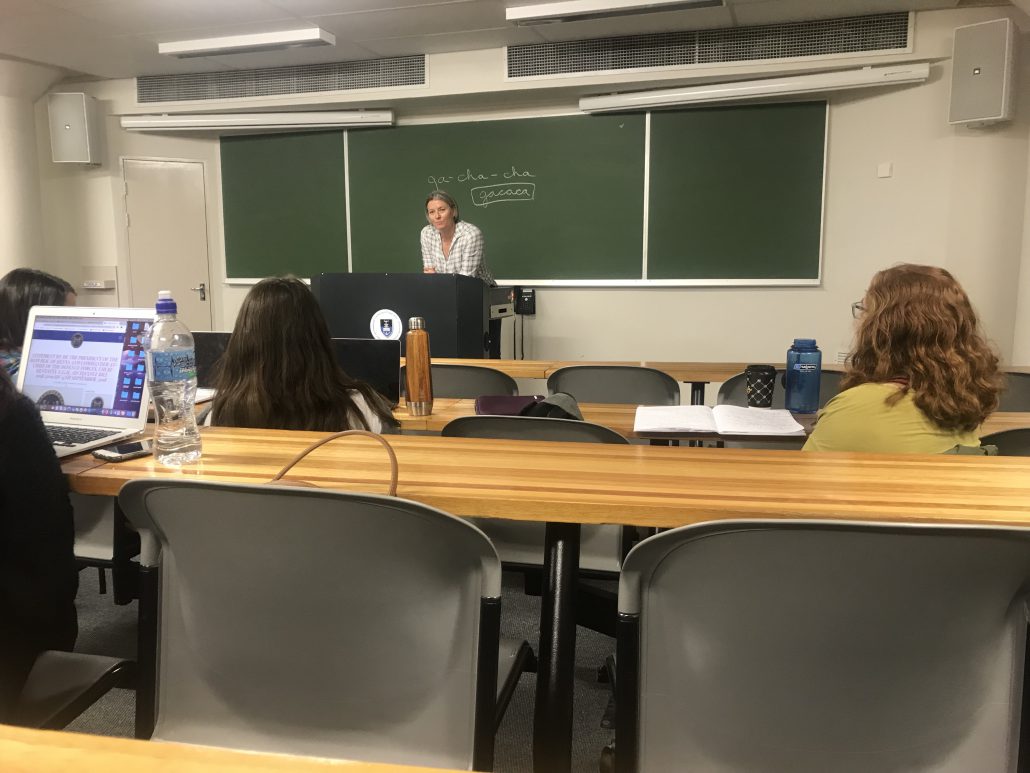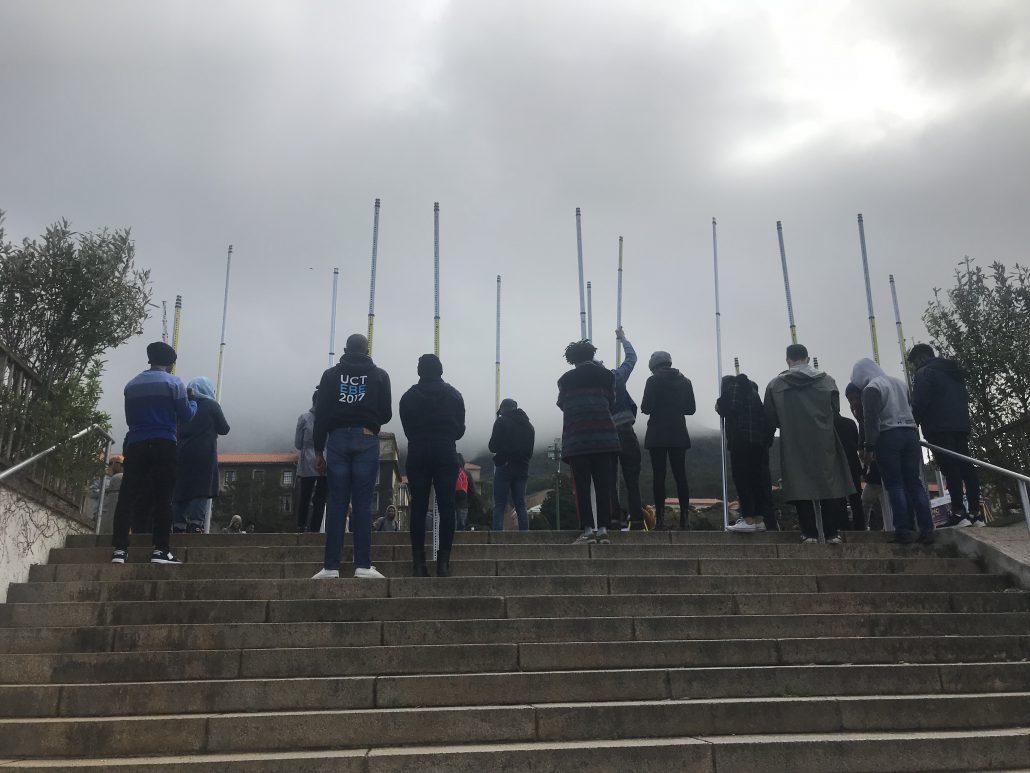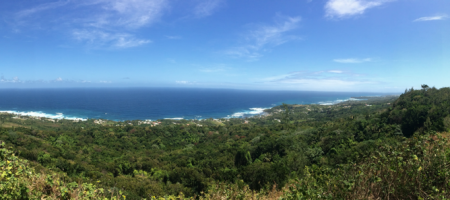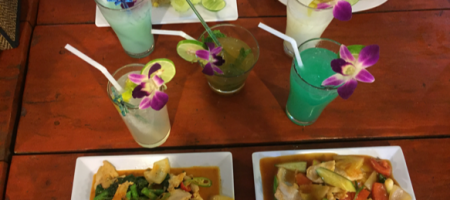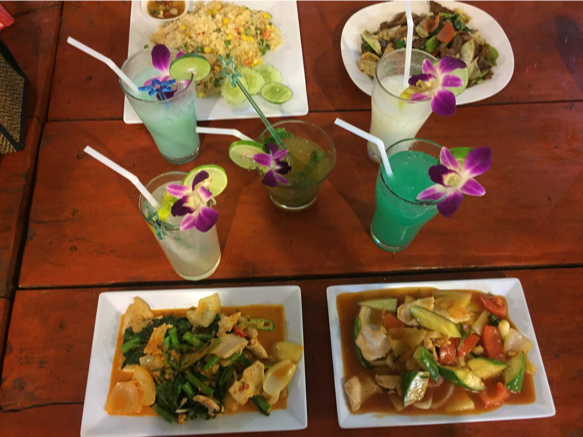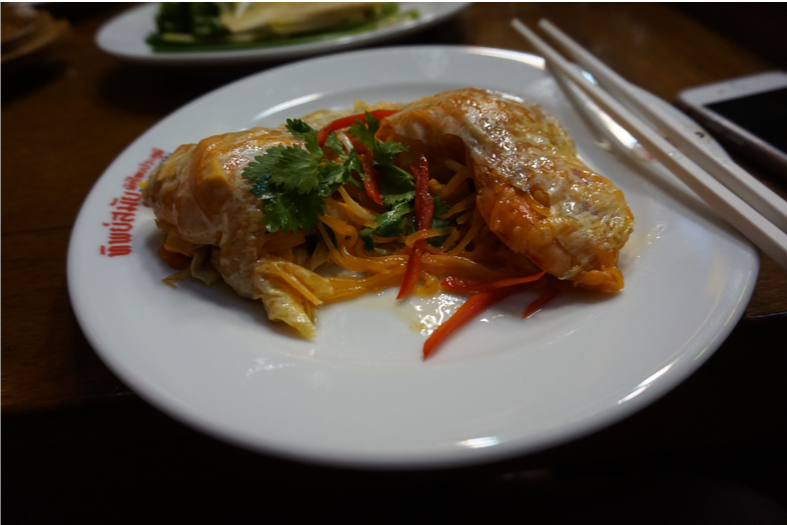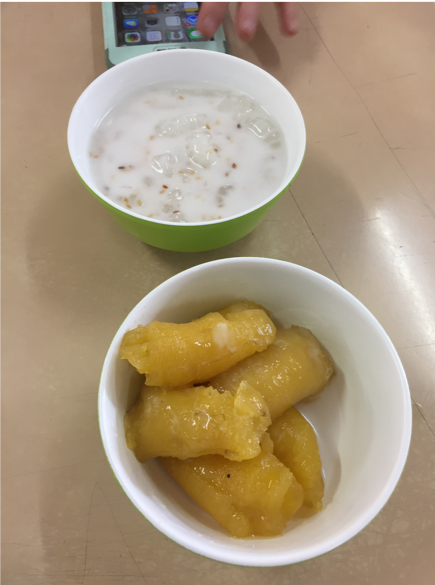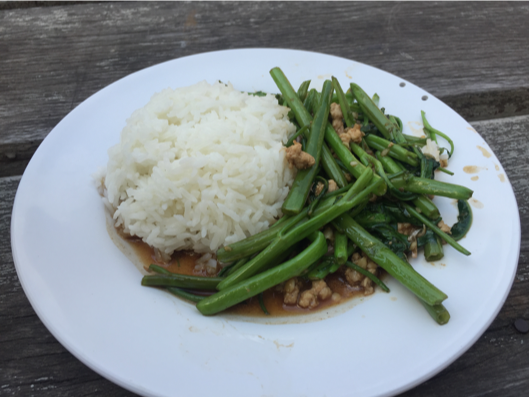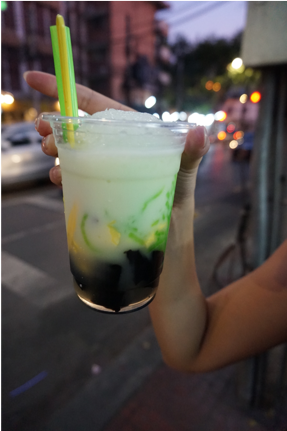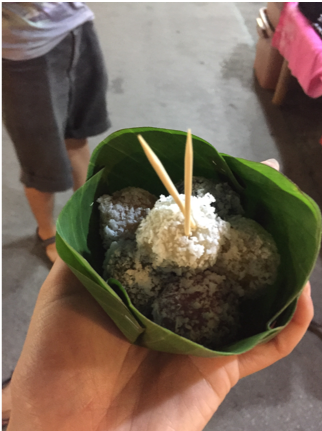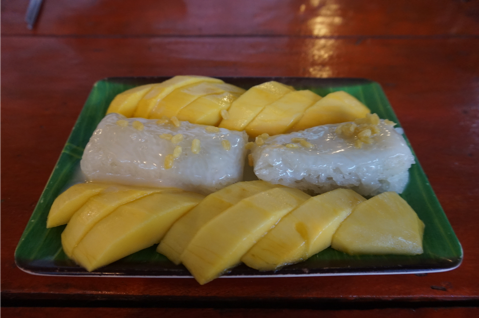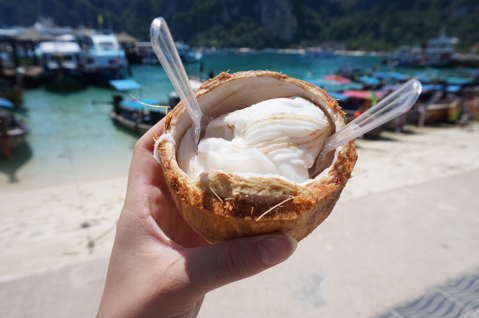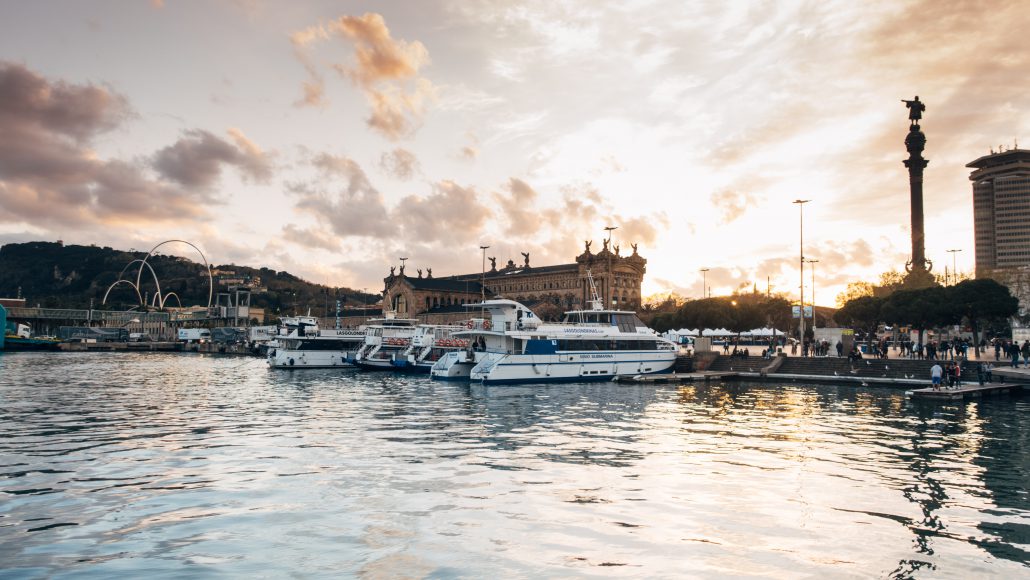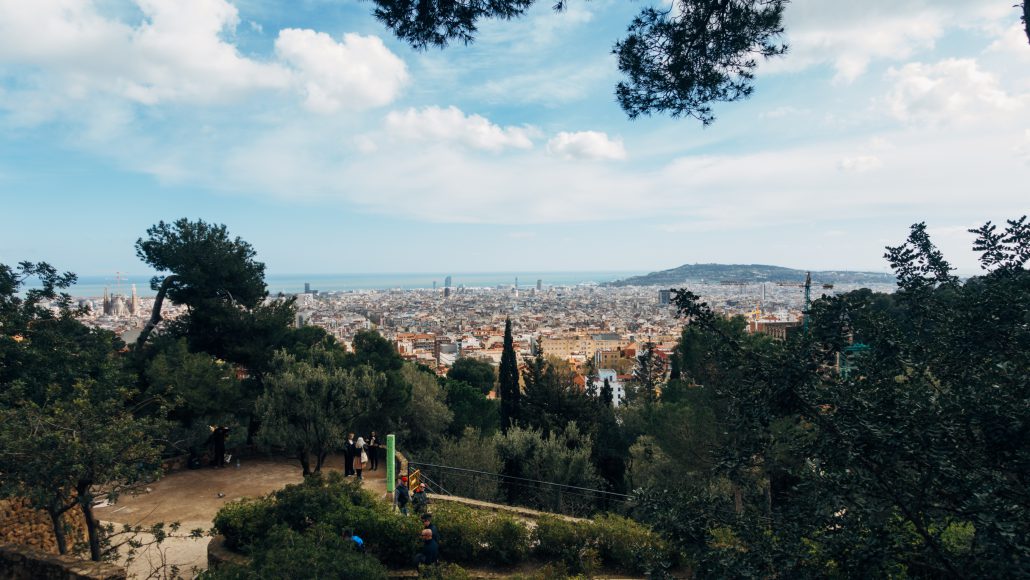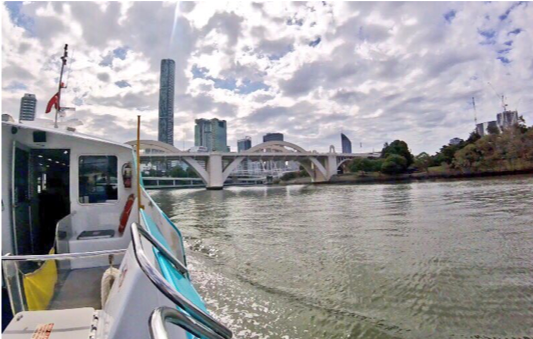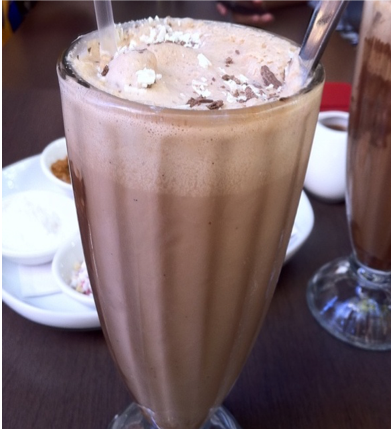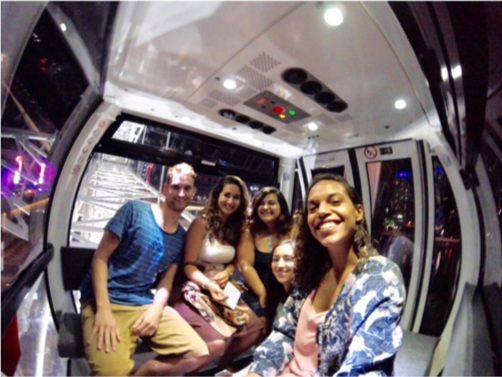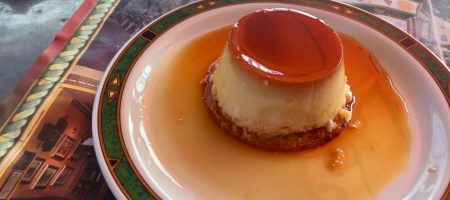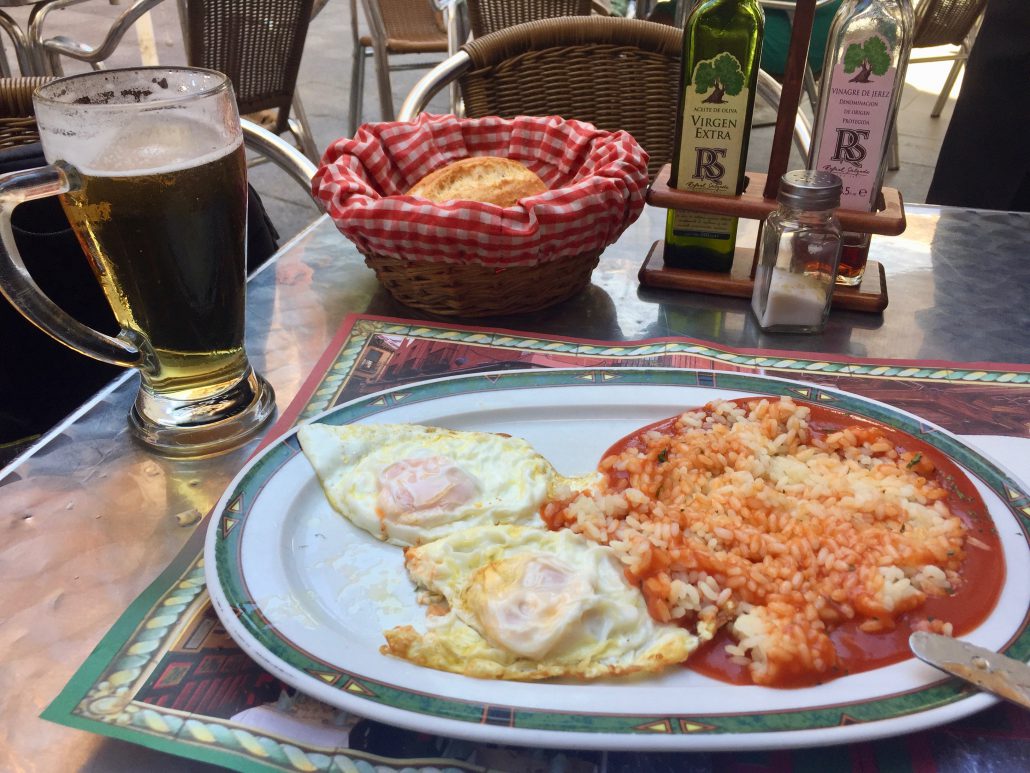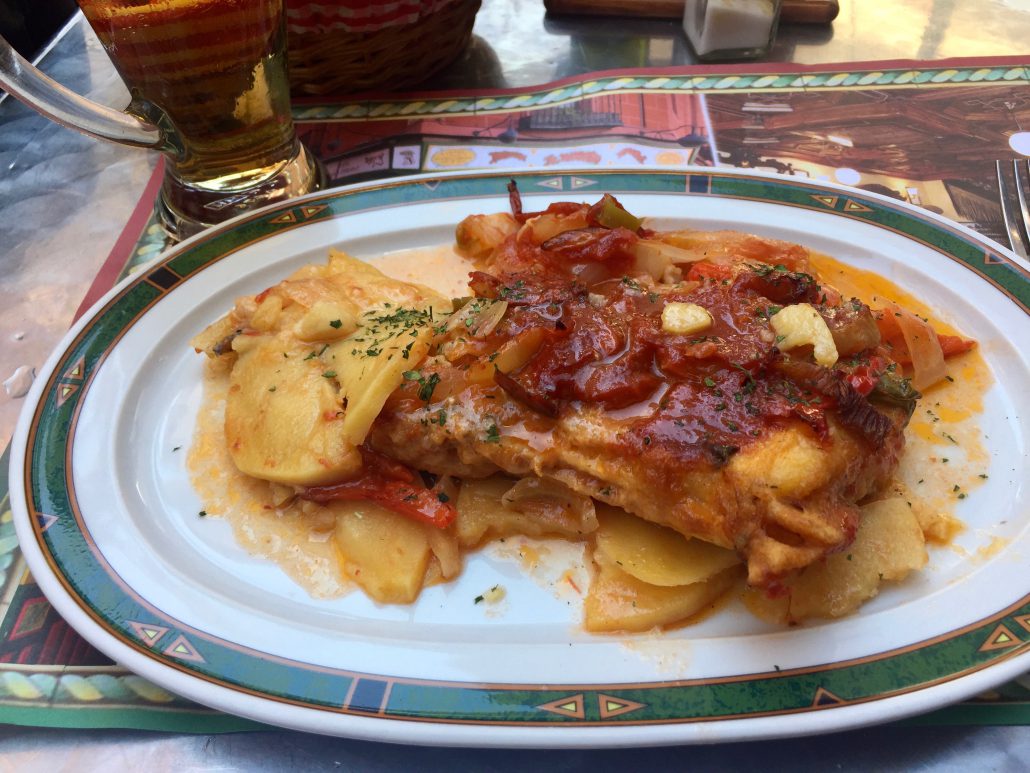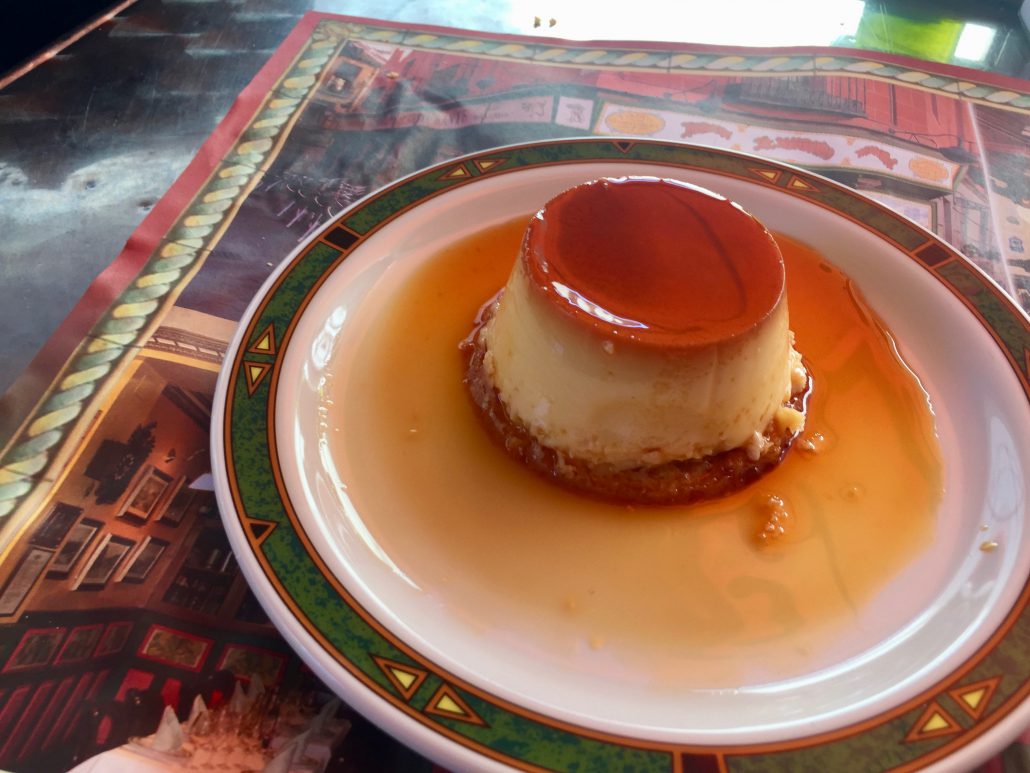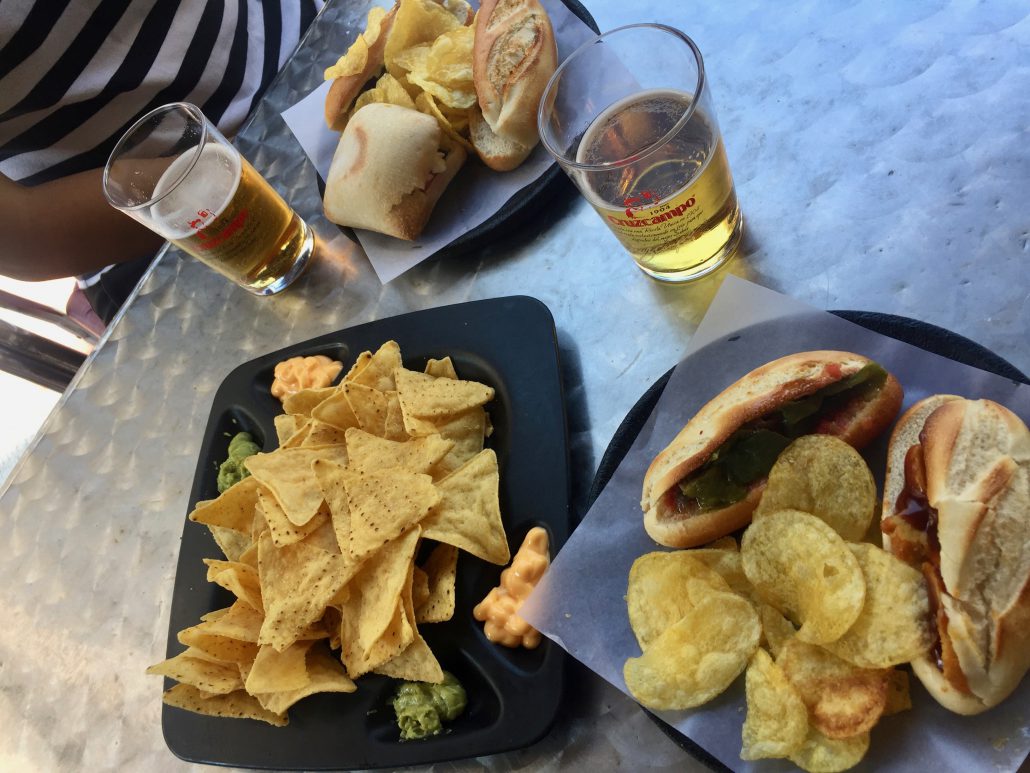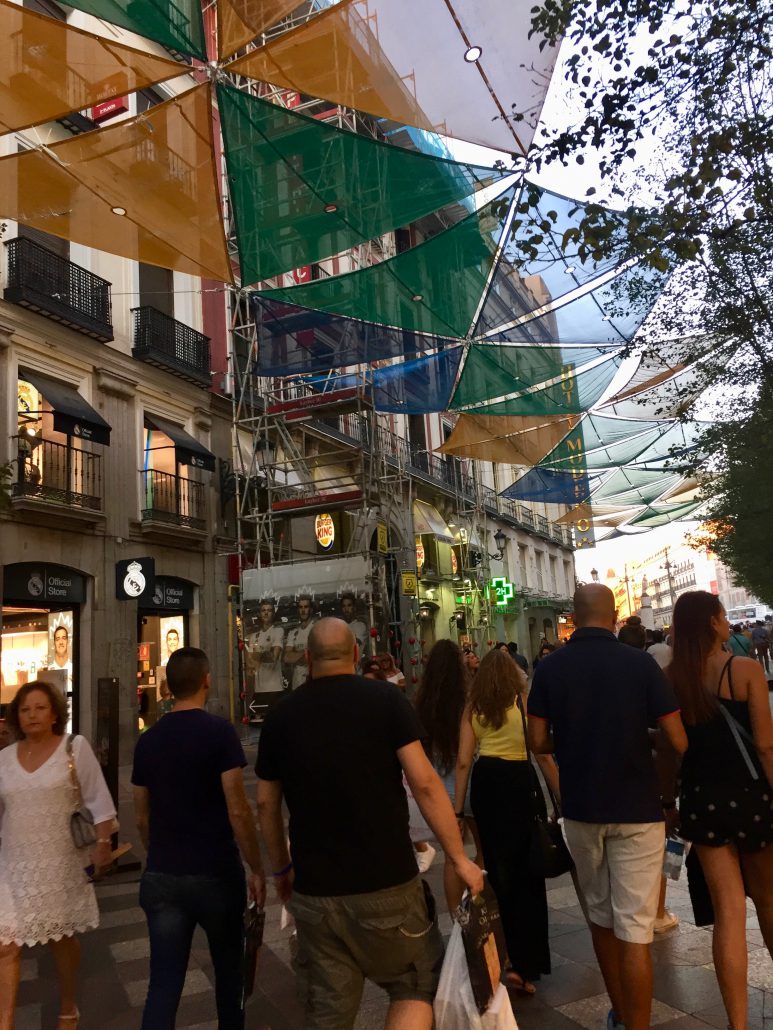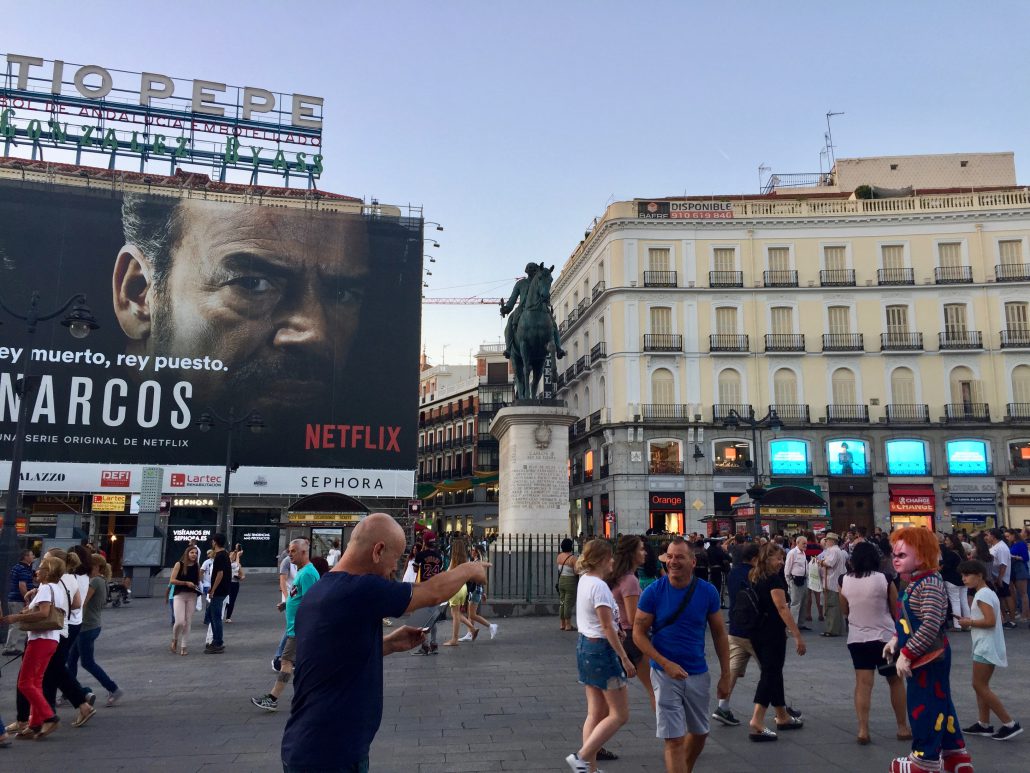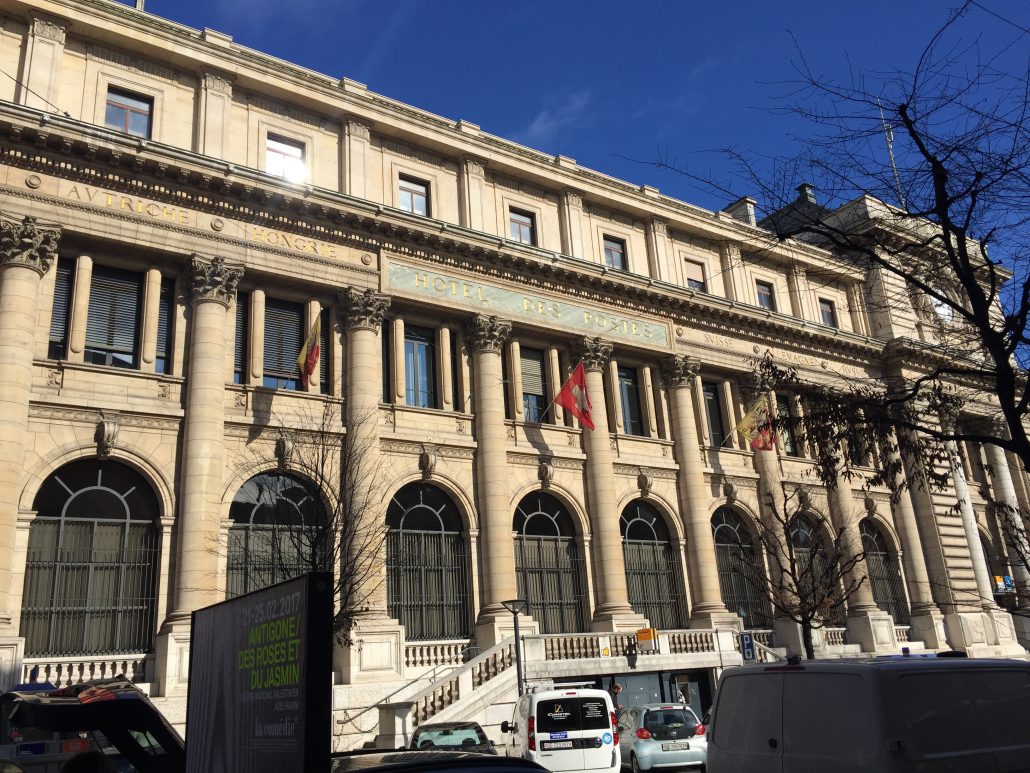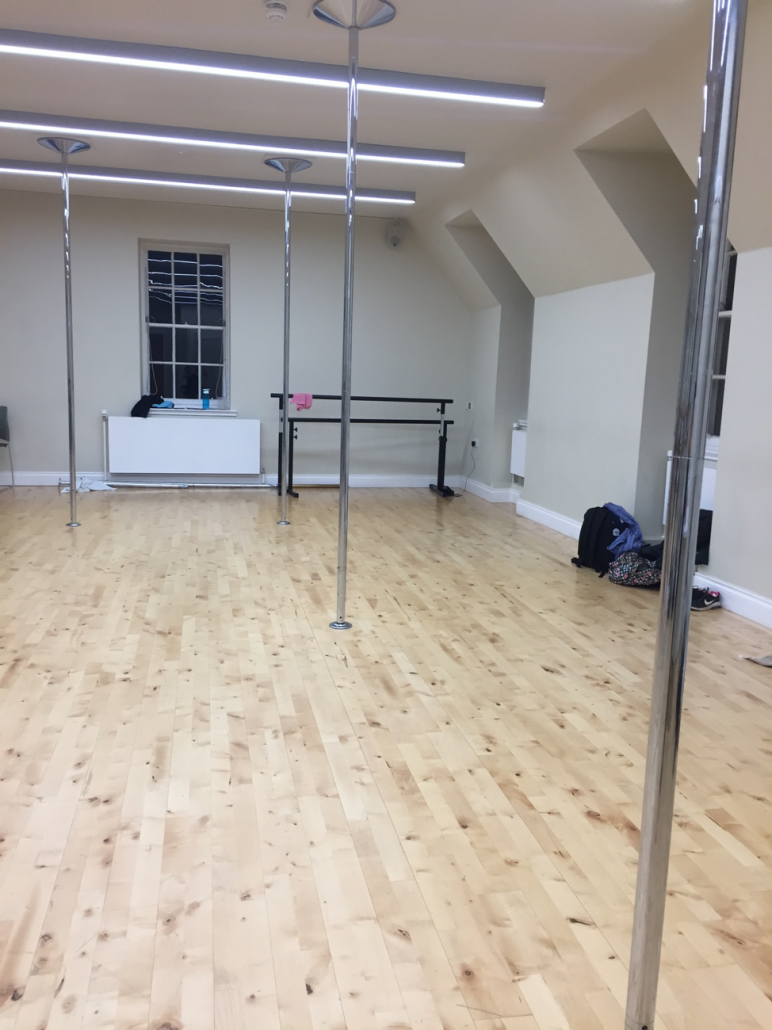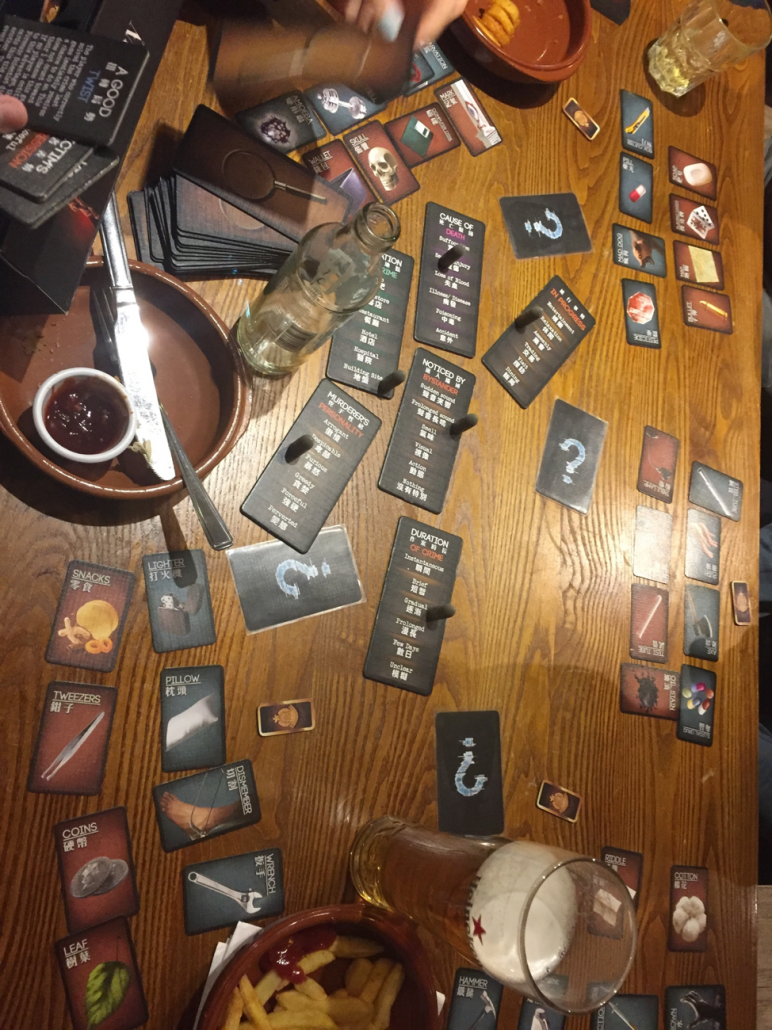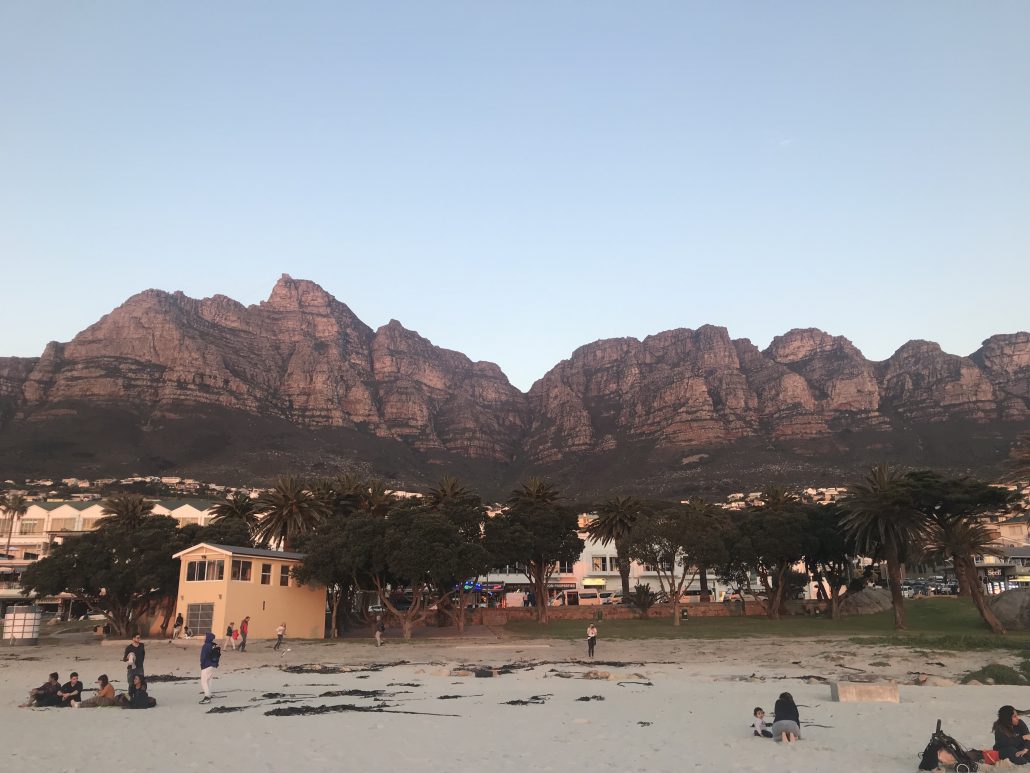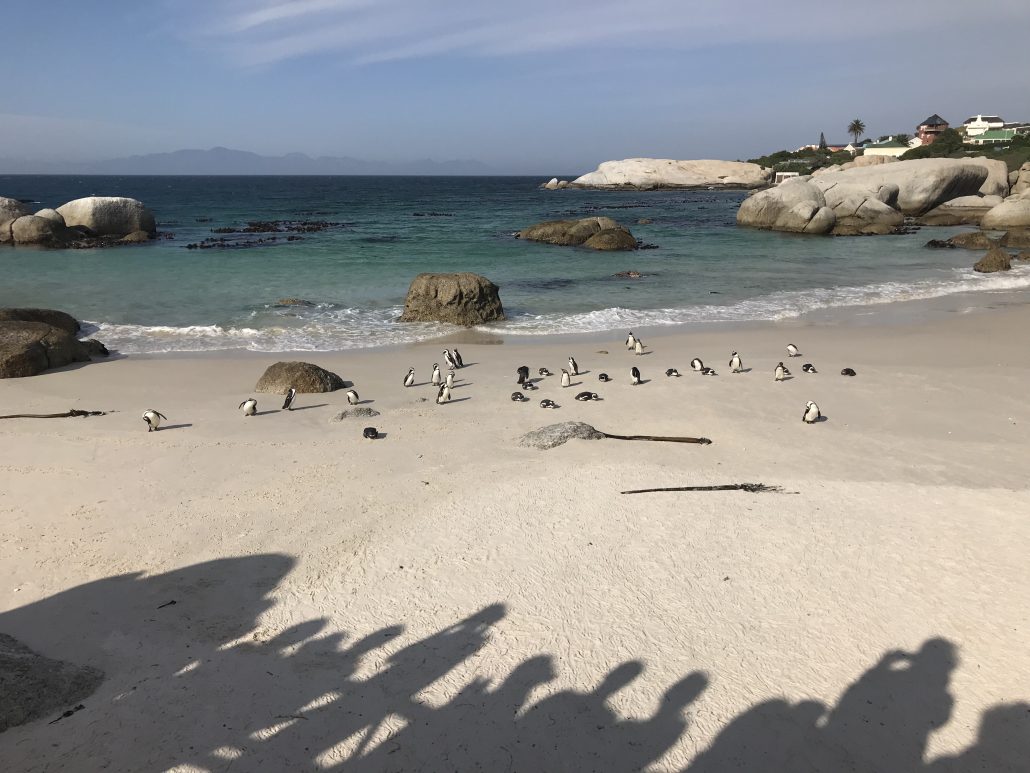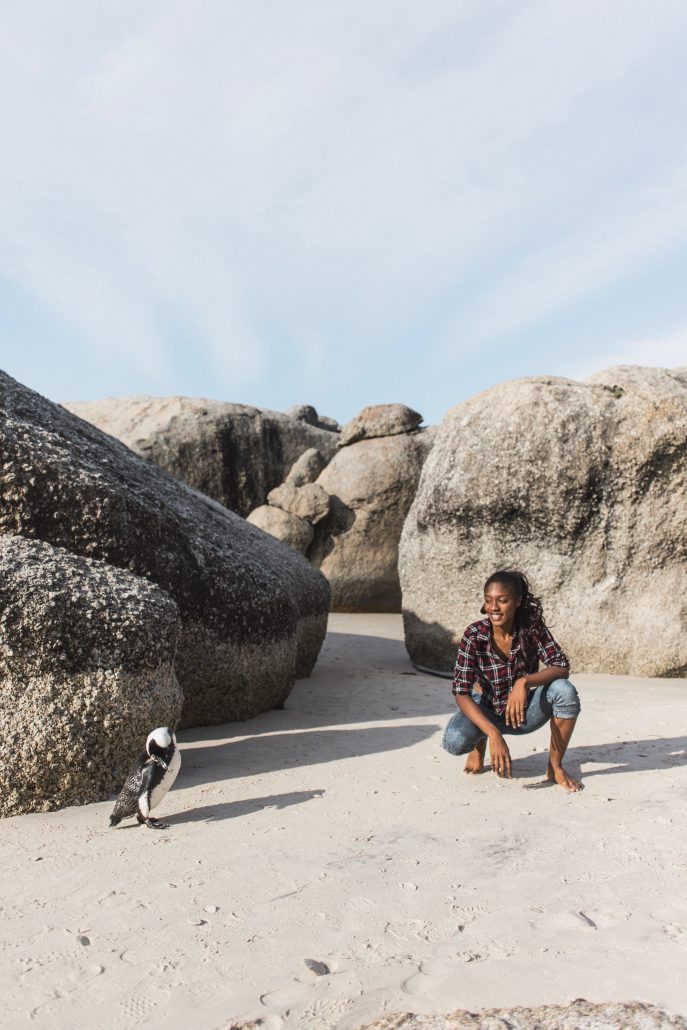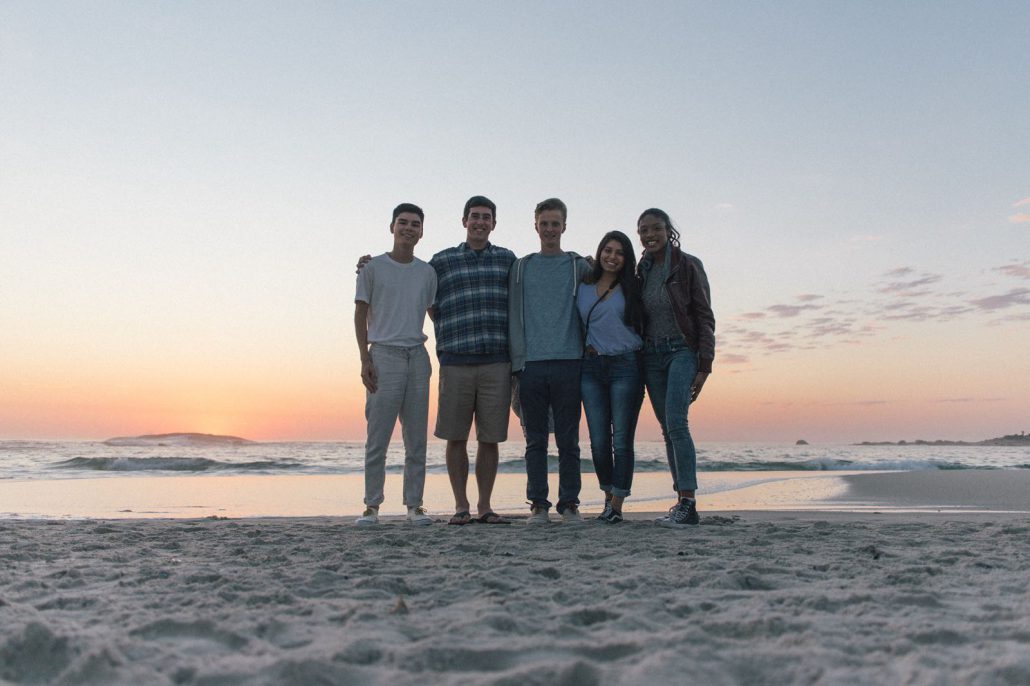Switzerland | Academics
BY IZZY PAXTON
I know you’re probably really excited to get past logistics and on to more fun things, but before we do I have an update on the bank account. Although the man at the front desk of Cite had told me I didn’t need one, I got an email the other day from Cite informing me that I didn’t have a bank account and needed to open one. So just open one at the beginning, it will save you the hassle later on.
The good news is you don’t need a full-fledged bank account! All you need is a depository account where your housing deposit sits. I went to Credit Suisse and it was super easy, at least it was once the woman reminded me that I needed my housing contract… So remember that and your passport and you’re golden!

Registering for classes at UNIGE is so much different than at home, and so much easier! At home I check my pass time as soon as it comes out and spend endless hours on class planner creating my perfect schedule, and then multiple backups. I have to figure out which classes I am eligible to enroll in on first pass, ask friends to hold classes for me, hope classes don’t fill up, and then beg for a PTE. But not here! Our classes started on February 20 and our final course registration wasn’t due until March 15. This took so much pressure off when trying to figure out my schedule. And registration was super easy too, I just submitted the classes I wanted to take on an online portal and I was enrolled. That simple! The first week I went to every class that I thought sounded interesting, and then was able to narrow it down from there. My schedule ended up being Tuesday-Thursday with two classes a day—I really can’t complain.

Everyone with UCEAP is required to take five classes; International Geneva, French and three additional courses. Coming from a place where three courses is standard and four is a lot I was a little bit worried, but since most meet only once a week it has turned out to be totally fine. Since my French is essentially nonexistent (I’m in A1) my choices were limited to classes taught in English, but people on the program with a higher level of French got to choose from classes taught in French as well. I ended up choosing International Institutional Law, Model United Nations Seminar, and Introduction to the World Trade Organization Legal System.
Even though International Geneva is our required course, it’s actually one of my favorites. We meet twice a week, but Thursday is usually a fieldtrip. I had a pretty good idea of what the class would be coming in, an overview of all the international institutions that are located in Geneva, but I hadn’t realized that residents of Geneva use the term “International Geneva” to refer to everything that goes on in the city relating to international affairs. Most of these organizations are located close together and some people even call this part of the city International Geneva as well.
The course is organized thematically, and our visits and guest lecturers have to do with the topic that we are on. So far we have covered the history of International Geneva, human rights and humanitarian law. Our guest speakers are all experts in their fields and range from academics to employees of international organizations. We have gone to the United Nations and this week we are going to the International Committee of the Red Cross. One of the reasons I really like the class is because I feel like we are taking full advantage of the unique location of Geneva since we wouldn’t have access to these people and places in LA.

The next class that everyone has to take is French. Everyone was able to put themselves in the level that they felt was appropriate, and since I am very confident in my lack of French I am doing A1 (the lowest level). There is an A1 class just for UCEAP students, which is really nice. I haven’t taken a beginners language class since I was 10, so I was definitely a little bit worried. Our first day of class put all my worries to rest. Our teacher is a wonderful woman who speaks almost exclusively in French, but switches to English when it’s really necessary. We are learning really helpful and practical phrases and grammar here and there. Since most of us are only taking French for a few months I feel like she’s giving us the most helpful lessons possible. Even though I definitely still get nervous every time I have to talk to someone in French, each week I add a few more phrases and words that I can use to make my life a little bit easier.
The first elective that I knew I wanted to takes was the Model UN seminar. I participated in one MUN conference my senior year of high school and really enjoyed it. I never had the time to do it again in high school or in college so I was really excited when I saw that this was one of the classes we could take. My class is about 30 people, which is much smaller than my classes at UCLA. After only a few weeks I feel like I have already gotten to know our teacher (a PHD student) better than most of my professors at UCLA, and I can recognize pretty much everyone in the class.
Since having done MUN is not a prerequisite for this class we are spending the first half learning about procedure. There is a certain way that delegates conduct themselves in debates and when drafting resolutions, and so we will be focusing on that until spring break so that we will all be familiar with it. After spring break, we will each be assigned a country and we will spend the rest of the semester debating climate change and ISIS as if it was really MUN.
The next class I am taking is about the WTO legal system. Coming into it I had a basic idea about the WTO and what it is, but that is about it. The title sounded a little daunting, and the first class was definitely overwhelming, but it has turned out to be incredibly interesting and easy to follow. Our professor is a lawyer for the WTO so she is obviously very knowledgeable about what we’re learning. She makes it really easy to follow along and understand daunting concepts, probably because she uses a lot of helpful real world examples of things that have happened in the WTO. The coolest part, in my opinion, is that we get to have one of our classes at the WTO and then get a tour afterwards.
My final class is International Institutional Law. So far it is definitely the hardest and I know that it will take the most work to understand. Most of what we are learning has to do with case law, which is not the easiest to read, but I am sure it will get easier. I have International Institutional Law in Uni Bastions, which is the original UNIGE building. It is unlike any other school building I have ever been in. I’m still amazed every time I get to walk in.
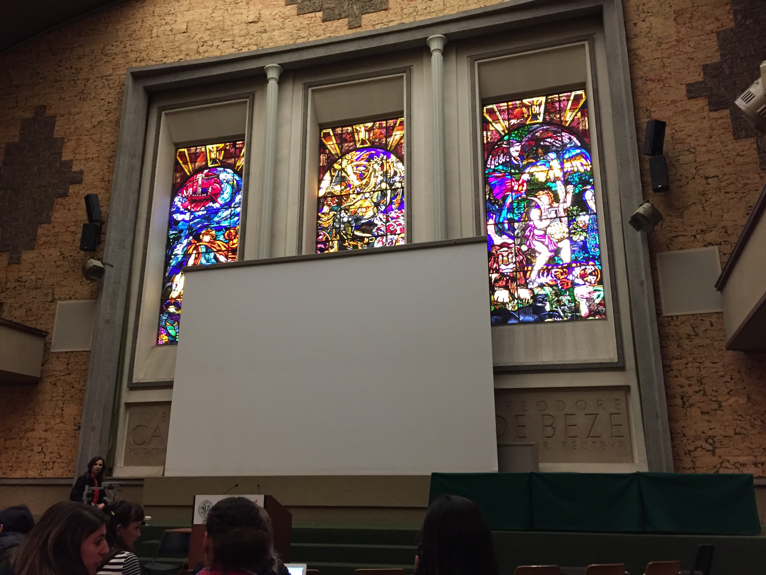
Izzy Paxton studied abroad in Geneva, Switzerland, in spring 2017: http://eap.ucop.edu/OurPrograms/Switzerland/Pages/global_intl_studies_univ_geneva.aspx?_ga=2.148768695.1646531383.1546623635-21724351.1533077880


